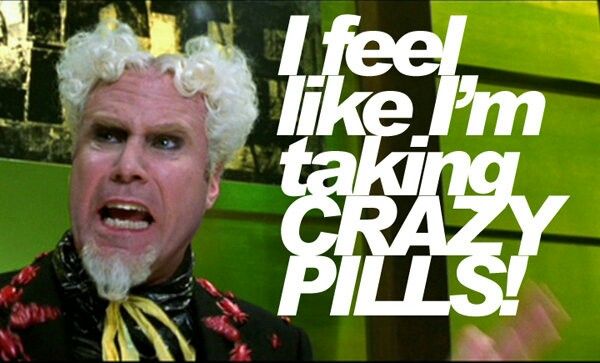I'm just gonna say regardless.
I don't know why it is okay to say you practically don't want police. There's a difference between wanting reform of the system so police are accountable, not militarized, and work more to help and saying literally "fuck the police" "defund the police" and complaining about patrolling. That just sounds like you want the police not to come down and hold anyone accountable for breaking the law either. Something like anarchy or doing whatever the fuck you want. That isn't an answer either.
Abolishing The U.S. Department of Defense (DOD) Excess Property 1033 program
1033 program - Wikipedia
Direct democracy at the community level
Reducing crime is not about social control. It’s not about cops, and it’s not a bait-and-switch with another callous institution. It’s giving people a sense of purpose. Communities that have tools to engage with each other about problems and disputes don’t have to consider what to do after anti-social behaviors are exhibited in the first place. A more healthy political culture where people feel more involved is a powerful building block to a less violent world.
Real mental-healthcare
In 2012, Mayor Rahm Emanuel closed up the last trauma clinics in some of Chicago’s most violent neighborhoods. In New York, Rikers Island jails as many people with mental illnesses “as all 24 psychiatric hospitals in New York State combined,†which is reportedly 40 percent of the people jailed at Rikers. We have created a tremendous amount of mental illness, and in the real debt and austerity dystopia we’re living in, we have refused to treat each other for our physical and mental wounds. Mental health has often been a trapdoor for other forms of institutionalized social control as bad as any prison, but shifting toward preventative, supportive, and independent living care can help keep those most impacted from ending up in handcuffs or dead on the street.
Restorative Justice
Also known as reparative or transformative justice, these models represent an alternative to courts and jails. From hippie communes to the IRA and anti-Apartheid South African guerrillas to even some U.S. cities like Philadelphia’s experiment with community courts, spaces are created where accountability is understood as a community issue and the entire community, along with the so-called perpetrator and the victim of a given offense, try to restore and even transform everyone in the process. It has also been used uninterrupted by indigenous and Afro-descendant communities like San Basilio de Palenque in Colombia for centuries, and it remains perhaps the most widespread and far-reaching of the alternatives to the adversarial court system.
The decriminalization of almost every nonviolent crime
What is considered criminal is something too often debated only in critical criminology seminars, and too rarely in the mainstream. Violent offenses count for a fraction of the 11 to 14 million arrests every year, and yet there is no real conversation about what constitutes a crime and what permits society to put a person in chains and a cage. Decriminalization doesn’t work on its own: The cannabis trade that used to employ poor Blacks, Latinos, indigenous and poor whites in its distribution is now starting to be monopolized by already-rich landowners. That means that wide-scale decriminalization will need to come with economic programs and community projects. To quote investigative journalist Christian Parenti’s remarks on criminal justice reform in his book Lockdown America, what we really need most of all is “less.â€
Unarmed mediation and intervention teams
Unarmed but trained people, often formerly violent offenders themselves, patrolling their neighborhoods to curb violence right where it starts. This is real and it exists in cities from Detroit to Los Angeles. Stop believing that police are heroes because they are the only ones willing to get in the way of knives or guns — so are the members of groups like Cure Violence, who were the subject of the 2012 documentary The Interrupters. There are also feminist models that specifically organize patrols of local women, who reduce everything from cat-calling and partner violence to gang murders in places like Brooklyn. While police forces have benefited from military-grade weapons and equipment, some of the most violent neighborhoods have found success through peace rather than war.

